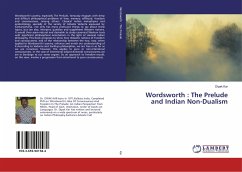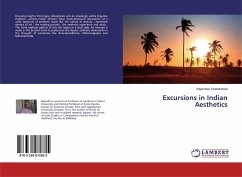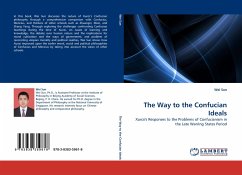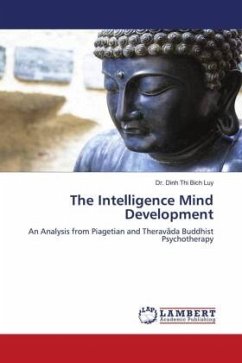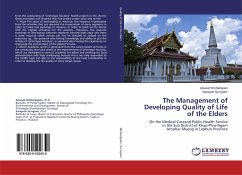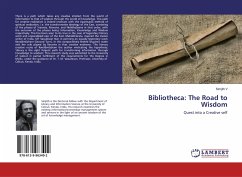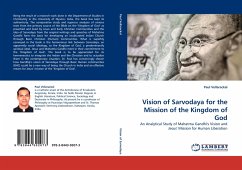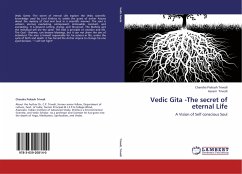Wordsworth's poetry, especially The Prelude, famously engages with deep and difficult philosophical problems of time, memory, selfhood, freedom and consciousness, among others. Classical Indian metaphysics and epistemology, specially of the variety of Advaita Vedanta aspoused by Sankaracharya, not only has many profound things to say about these topics, but can also, interpret, question and supplement Western notions. It would then seem natural and desirable to study canonical Western texts with significant philosophical orientations in the light of classical Indian philosophy. This book proposes to show how Vedantic notions of freedom and consciousness, and of the relationship between the two, may, when applied to Wordsworth's poetry, enhance and enrich our understanding of it.According to Vedanta and Sankhya philosophies, we are free in so far as we are conscious: however, this applies to pure or non-intentional consciousness. In the case of intentional (object-directed) consciousness we are in bondage to our sense organs. So an approach to freedom would, on this view, involve a progression from intentional to pure consciousness.
Bitte wählen Sie Ihr Anliegen aus.
Rechnungen
Retourenschein anfordern
Bestellstatus
Storno

